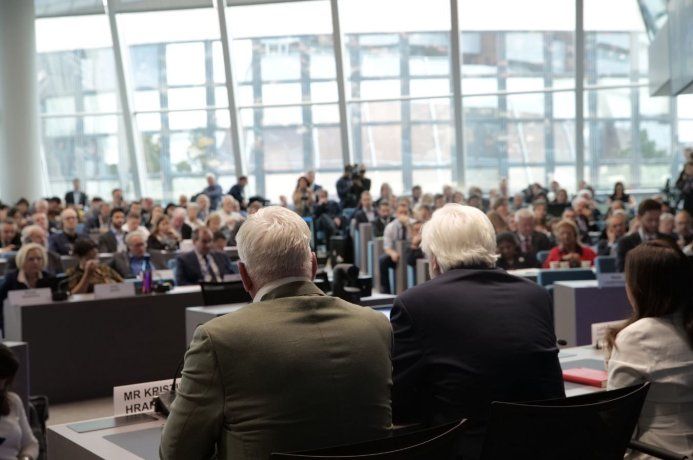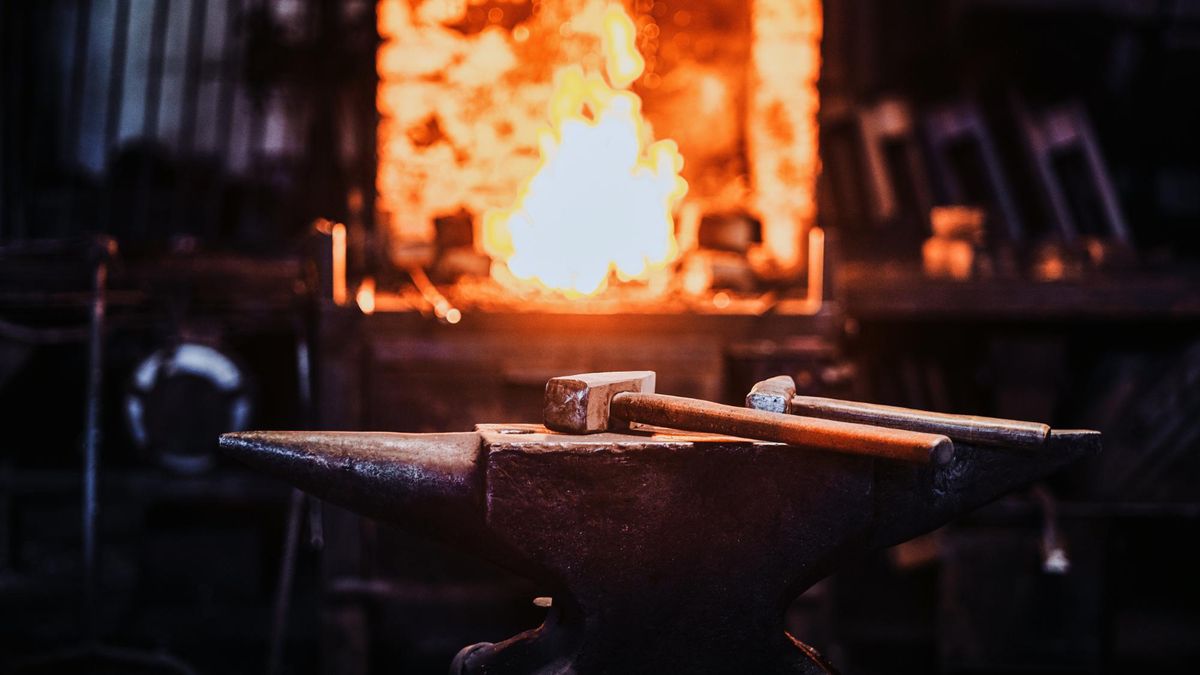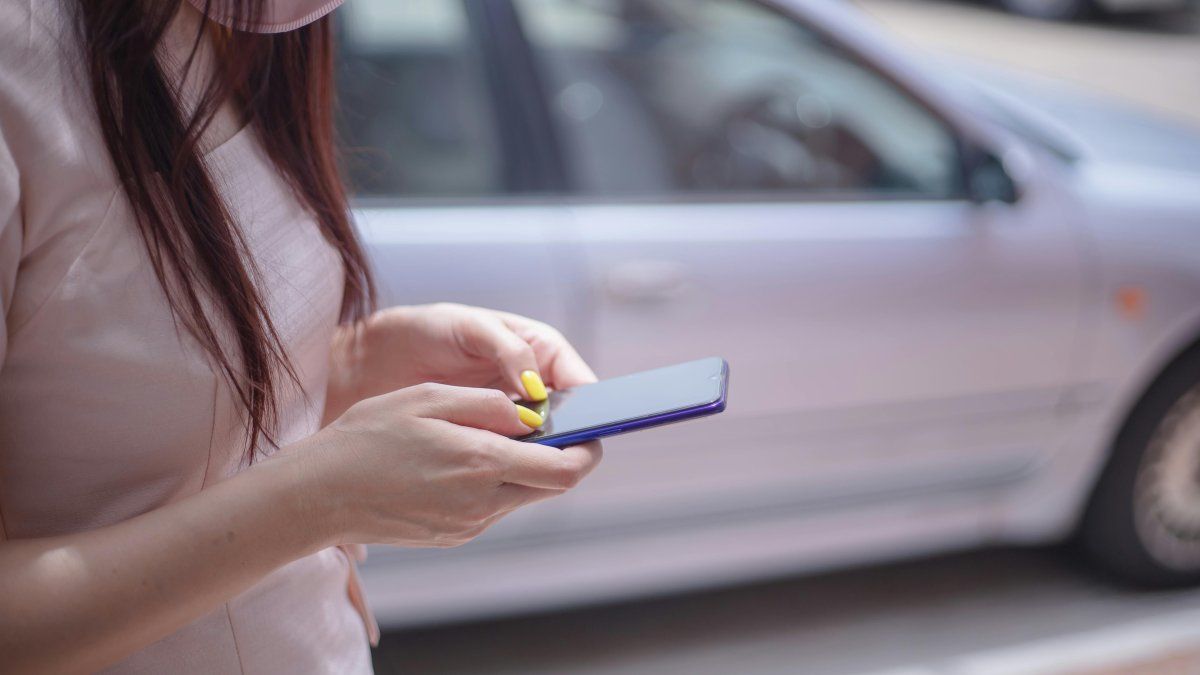The founder of WikiLeaks, Julian Assange spoke this Tuesday at the Council of Europe after his release from prison last June, and assured that he now needs a “readaptation” to the freedom that, he said, he achieved by pleading guilty to “have done journalism“.
“I want to be totally clear: I am not free because the system has worked. I am free, after years of imprisonment, because I pleaded guilty to having done journalism“said the Australian, who considered himself a “political prisoner” because USA used the Espionage Law to accuse him of his leaks.
On June 25 he was released after an agreement with the US Department of Justice in which pleaded guilty to violating said lawwhose sentence was 62 months in prison and was annulled due to his completed sentence.
Julian Assange broke the silence after his freedom
“My readjustment to the world after a siege in an Embassy and a maximum security prison needs some adjustments,” Assange said. Among these adjustments, some are “positive but still difficult things, like going back to being a father to children who have grown up without me, going back to being a husband.”
his wife, Stella Assangesaid that her husband “is still suffering the effects (…) of the harsh conditions to which he has been subjected” and avoided answering whether he plans to publish new documents in the future.
For the journalist, the INC acted against WikiLeaks and that “an interesting example” of this was the publication of “detailed information” in the American press about the alleged espionage in the Embassy of Ecuador through the security company UC Global, directed by the former Spanish military man David Moralescase under investigation in Spain.
council of europe assange 2024 freedom.JPG
From left to right: Hrafnsson, Assange and his wife.
@wikileaks
“As a result of this investigation there are two open cases. One criminal case in Spain, with a certain number of victims, including my wife, my son, people who came to visit me at the Embassy, lawyers, journalists; and one civil case in the United States against the CIA,” said the founder of WikiLeaks.
And he added that this last case “cannot go forward” because the American justice system has granted the CIA “a privilege of state secrets”, so the intelligence agency has “complete impunity in the United States system.”
Julian Assange on journalism
Assange stated that “Press publishers’ rights are in danger” following his arrest and that is why “it is so important” that an organization like the Council of Europe defends work of journalists. He also maintained that journalists “have to be truth activists“.
The Australian’s decision to speak for the first time at the Council of Europe is due to the fact that in the Parliamentary Assembly Tomorrow, Wednesday, a resolution will be voted on, the draft of which considers him a political prisoner and warns of the “deterrent effect” that his arrest may have had on the journalistic profession.
The text recognizes “the legitimacy of the measures that seek to guarantee adequate protection of secrets that affect national security” and that the WikiLeas leaks “could have posed a threat” to some people, but asks the United States to modify the Espionage Act so that it does not apply it against editors, journalists or whistleblowers.
The WikiLeaks case
Assange was sentenced to 12 years in prison after publishing thousands of documents in 2010 that revealed the secrets of Washington about the wars Iraq and Afghanistan and their arrests in Guantanamo.
Of his total confinement, he spent his first 7 years, between 2012 and 2019, in the Ecuadorian Embassy in London and since then, in the maximum security prison of Belmarsh (United Kingdom).
Source: Ambito
I am an author and journalist who has worked in the entertainment industry for over a decade. I currently work as a news editor at a major news website, and my focus is on covering the latest trends in entertainment. I also write occasional pieces for other outlets, and have authored two books about the entertainment industry.




